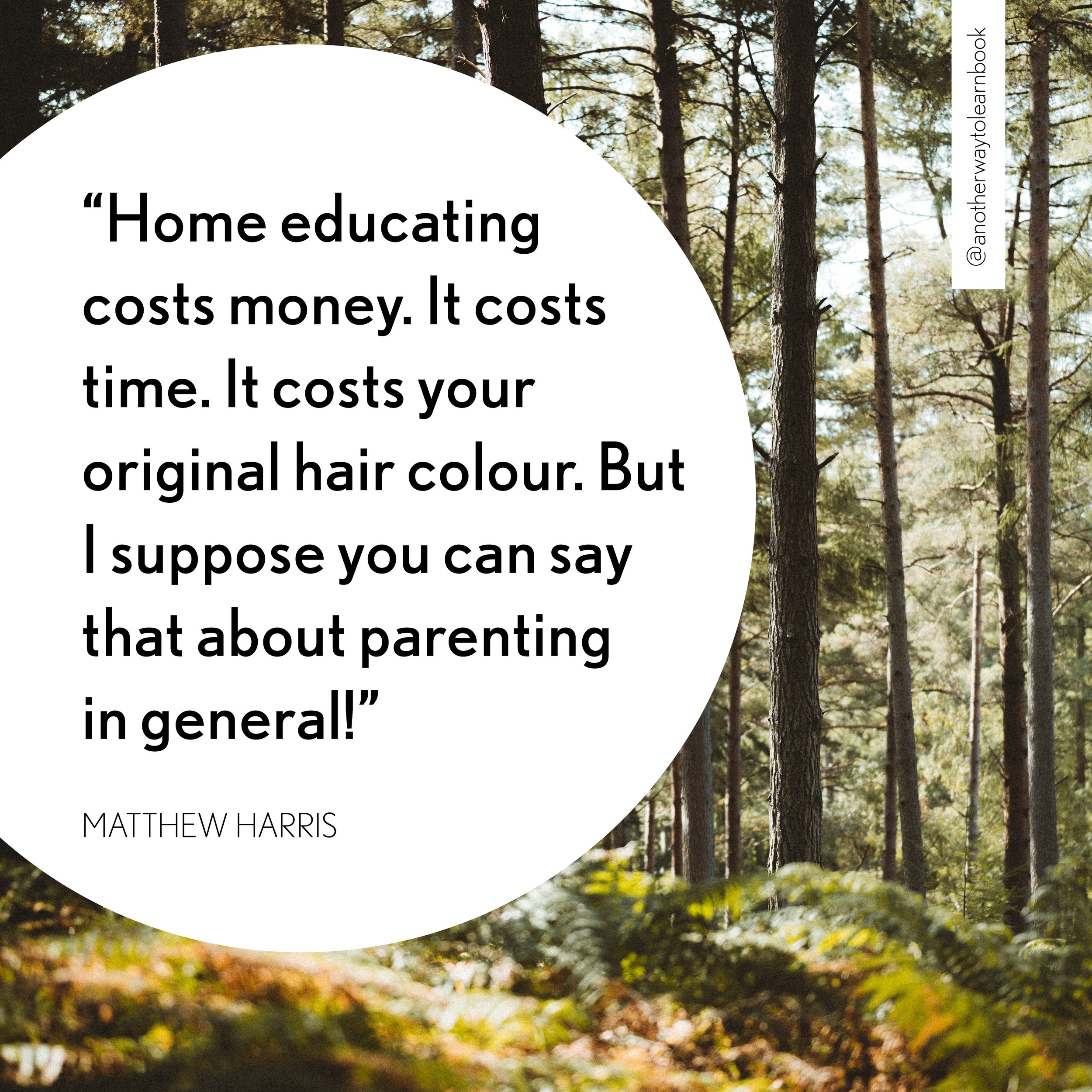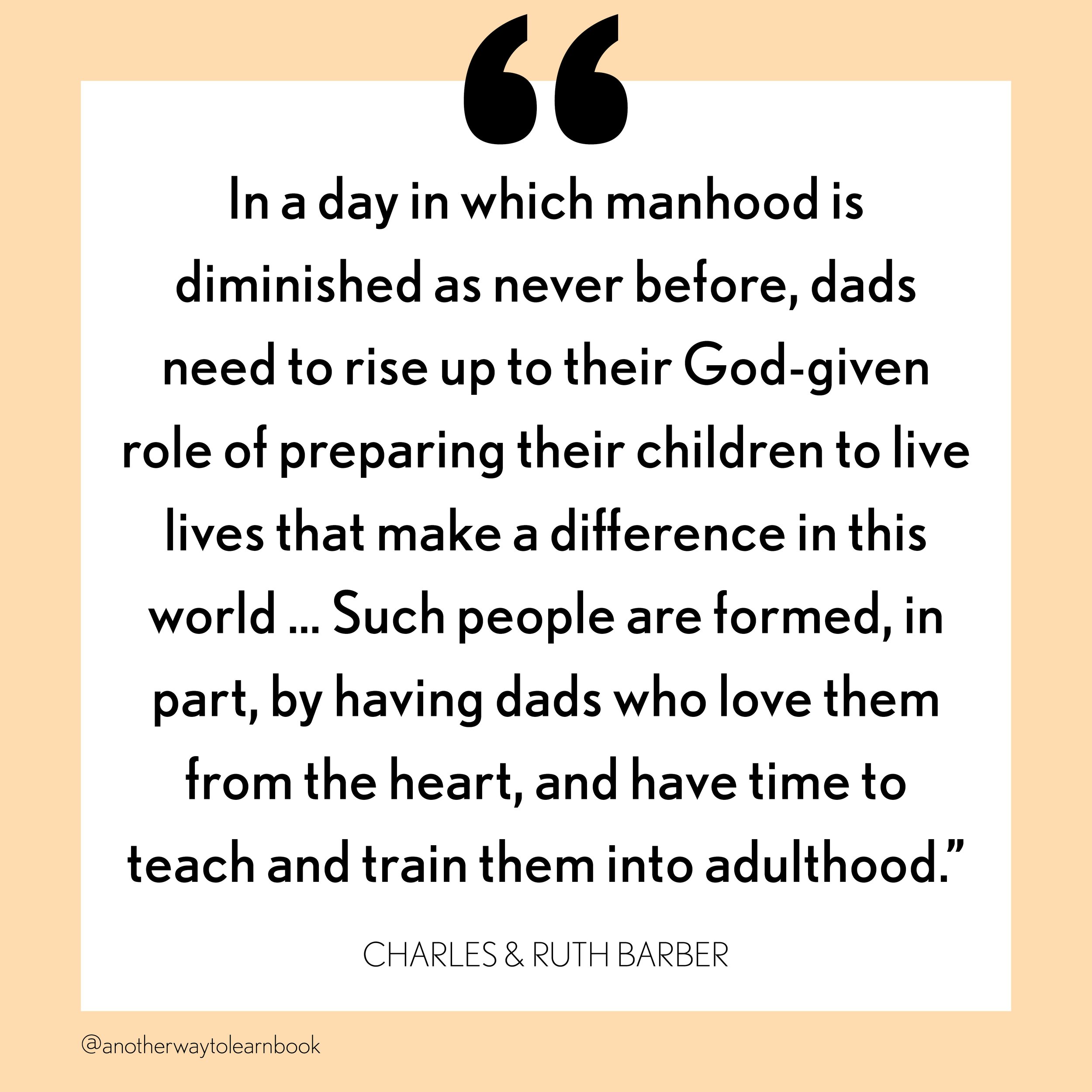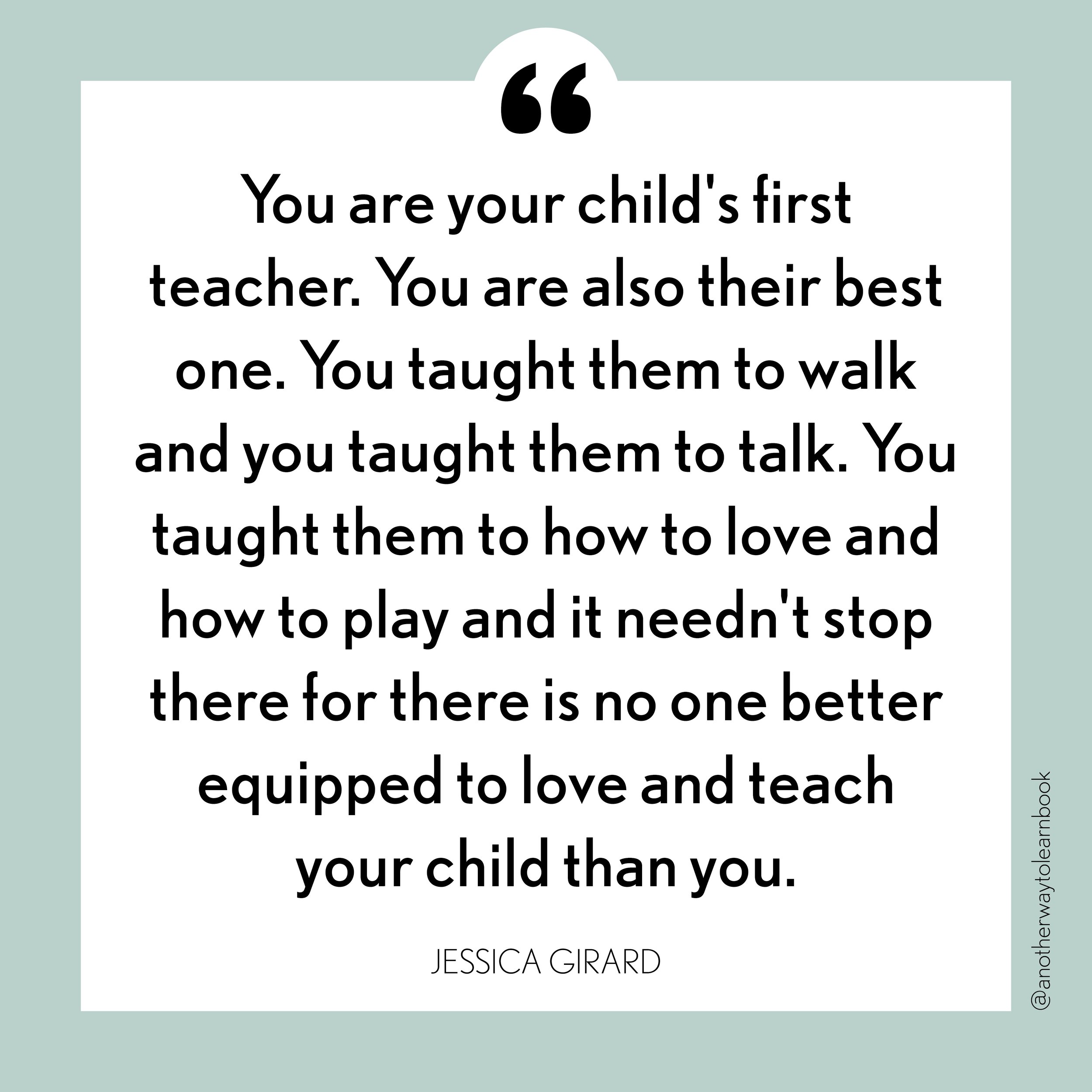
OUR Sons and Daughters
Randall and Mary Hardy’s is the final chapter in Another Way to Learn and addresses the political dimensions of opting for elective home education in a culture which is persuaded that the normal and the best way to educate children is for them to go to school.

Soul-care matters
“As home-educating parents, we need time to pause, take a breath and care for our souls so we can continue pouring into our children’s lives.” Alberta Stevens is four years into her home educating journey and has many useful ideas for us to incorporate into our daily lives.

Self-care matters
In Catherine Shelton’s chapter, she talks about “ten areas of self-care that are vitally important to our well-being. It might sound selfish to focus on yourself in this way, but in doing so you can actually show up better for your family and be a more vibrant, joyful, intentional home educator in the long run.”

The Struggle To Juggle
Afia Bayayi spins many additional plates alongside home educating her three children. “There are certain helpful principles to be applied that I've learnt through experience. My heart is to share those principles to help a mother out there like myself.”

When Things Are Stacked Against you
Kirsteen writes, “Single parenting is hard. Raising autistic kids is hard. Living on limited means is hard. Doing all of that and also considering home education is huge and incredibly noble. If that is also your story then I salute you, and I absolutely understand the enormity of the task. My prayer is that as you read some of our story it would encourage you and inspire you to believe that maybe you can home educate too, even if it feels impossible right now.”

The Second-Generation
Philippa Nicholson is a second-generation home educator. “I have often wondered if second-generation home educators like me have a head start,” she writes. “You will have to read the book to find out but it suffices to say here that we certainly aren’t disadvantaged by having been home-educated!”

The Wider Family
“As the years have gone by,” Helen Brunning writes, “I have seen first-hand how home education does not need to be a closed, insular, nuclear-family activity. It has been a great blessing when grandparents and other relatives have been able to take part in the development and broader education of the children.”

A Home Educating Dad
Each family's journey is different and the Harris family has its own unique flavour: Matt is a home-educating dad, Nicola is the ‘breadwinner’. Matt writes, “I wanted to share about the process that we have been through in home educating our children in the hope it would ‘normalise difference’ and inspire people to embrace their own approach.”

Is Home education for Dads too?
‘Home Educating has allowed us as parents, and in particular Charles as dad, to be involved in every area of our children’s lives,’ write Charles and Ruth. ‘In our chapter, we have tried to write down some of the things we have learnt and present ten practical ways that fathers can connect with their families.’

Additional needs
Anne Laure Jackson’s family have additional needs which adds to the challenge of home education. Her chapter in the book will give you affirmation and validation of the life you may be living, with encouragement and support to make the most of the amazing experience that home education is, and guidance as to where to go for more support if required.

Where will the Whiteboard go?
Siân Lowe writes, “If you are considering home education or have recently taken the leap, my hope is that my chapter will encourage you on your journey and will remind you that you are not alone in wanting to find a new approach to education for your children. Keep going - it is so very worth it.”

Socially speaking
The one question all home educators are asked so many times that it has become a standing joke, is “but what about socialisation?” Juliet’s chapter in Another Way to Learn? focuses on the home-educated child as a social being, based on her experiences and observations from over 24 years of home-educating, and engaging with vast numbers of home-educating families.

Exploring the Teen Years
‘We will never teach our children all they need to know in the few years that we have to guide their educational journey,’ Kat Patrick writes, ‘So it stands to reason that the best thing we can do for them is nurture their love for learning. Then they are better equipped for the path they carve out for themselves.

The early years: Building good foundations
With practical tips to implement in your own home, Jessica Girard’s chapter encourages parents to keep things simple, reassuring them that less really is more and affirming in them the truth that they are and will always be their child’s first and most important of teachers.

An Introduction
‘Another Way to Learn? truly is a group project,’ writes Molly Ashton, editor and brains behind this book. ‘Ideas have sparked, concepts have consolidated and friendships have formed as we’ve tapped away over the airwaves. The end product is a book which I hope and pray will both encourage and inspire you. I’m so grateful to all the authors who have opened their hearts, shared their wisdom and experience and given their time to bring the seed of an idea through to fruition.’

